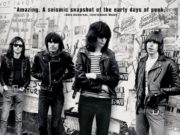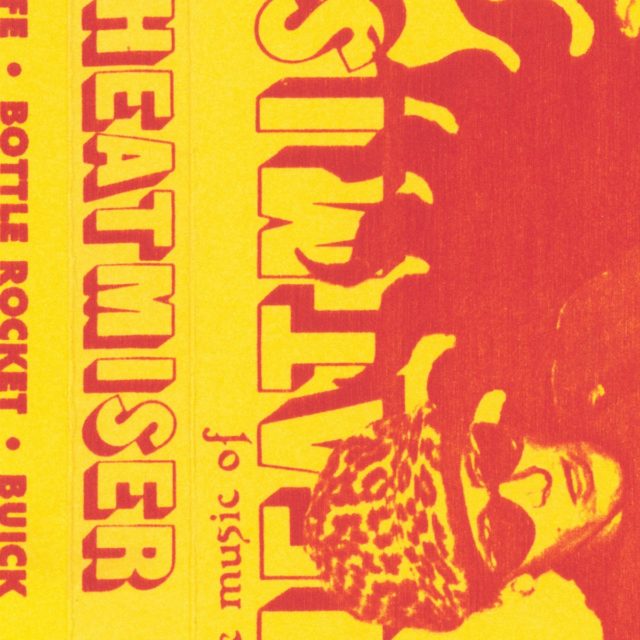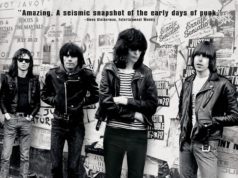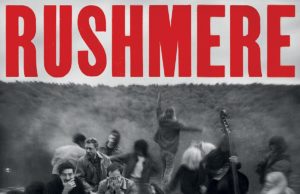THE EDITED PRESS RELEASE: “Legendary ’90s indie-rock group Heatmiser — Elliott Smith, Neil Gust, Tony Lash and Brandt Peterson — have released The Music of Heatmiser, a 29-song compilation of previously unheard recordings.
The legend of Heatmiser has only grown in the last several decades since the Portland rock greats released what would end up being their final album, 1996’s Mic City Sons. Now, The Music of Heatmiser provides a new and unique opportunity to hear the quartet at their most elemental: Ferocious and passionate, with miles of melody and a shocking immediacy for a band that was still in the embryonic stages.
This compilation spans the group’s earliest years, including a six-song tour-only demos cassette from 1992 (which also shares this compilation’s namesake), a previously lost-to-time session at Portland radio station KBOO, and a wealth of previously unreleased material that showcases Heatmiser’s true essence as a band — like the group’s previously unreleased cover of The Beatles’ Revolution, recorded for (and rejected by) an ad agency but fully restored here in revelatory fashion thanks to Lash’s work excavating and re-mixing the bulk of the music found here.
Gust shares, “Tony found a bunch of forgotten recordings and started mixing them and sending them to me. We were struck by the freewheeling energy of the band; you could hear how much fun we were having. In 1992 we could barely afford the studio so it all had to be done really fast.”
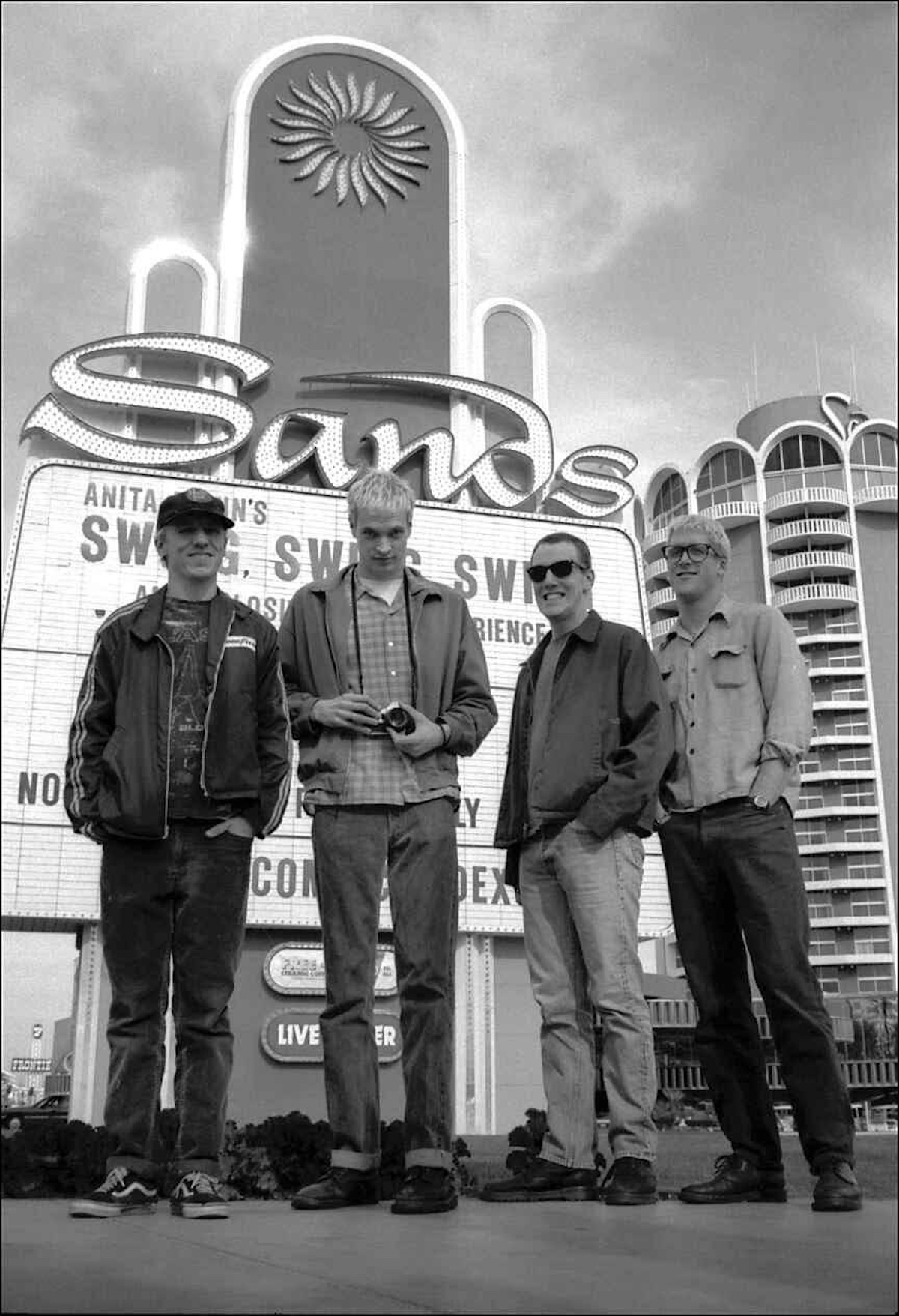
The band’s initial demo set, also titled The Music of Heatmiser, was recorded in the summer of 1992 in Portland and sold at local record shops and shows to build hype for the upstart group. It’s guitar rock, full-blast, through 100-watt Marshall half-stacks — which might shock those only familiar with Smith’s whispered, delicate solo work — when grunge was ascendant in the Pacific Northwest and the Portland scene was exploding. Fast, tight, loud, fun.
Peterson says: “I’ve really enjoyed revisiting this music for the music. It’s great to remember the times that we worked together very well, and how that reflects in the music itself. When Elliott became Elliott Smith, Heatmiser immediately got eclipsed by that — so we all left it behind.”
Gust adds, “But when Tony started sending me these recordings, I remembered how fun this was, and how much we loved it. It’s loud and ferocious, and what we were doing back then is what I still look for in music today.”
Longtime fans will doubtlessly be delighted by the treasure trove on display here — and newcomers now have the perfect entry point for discovering this cultishly beloved band’s catalog.






